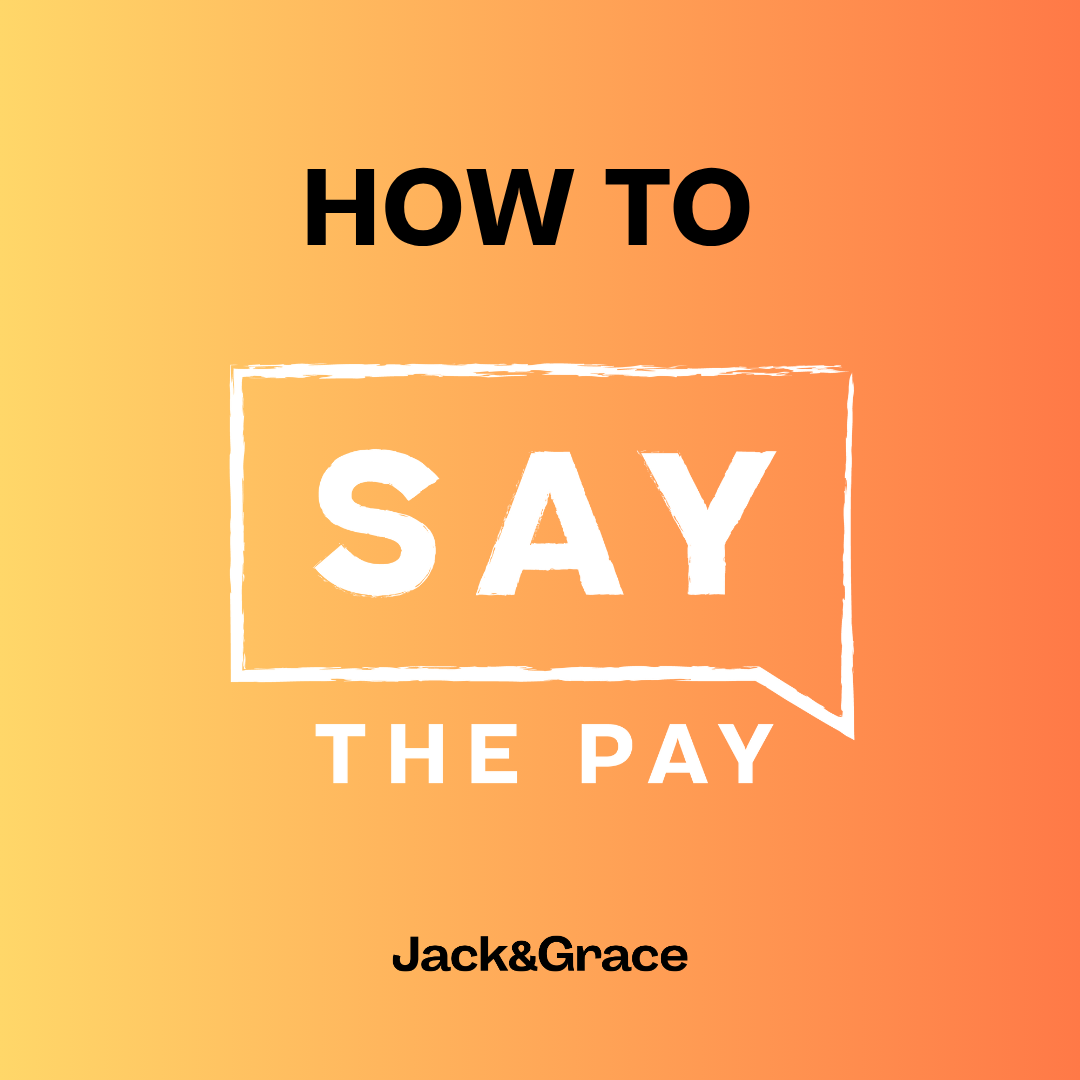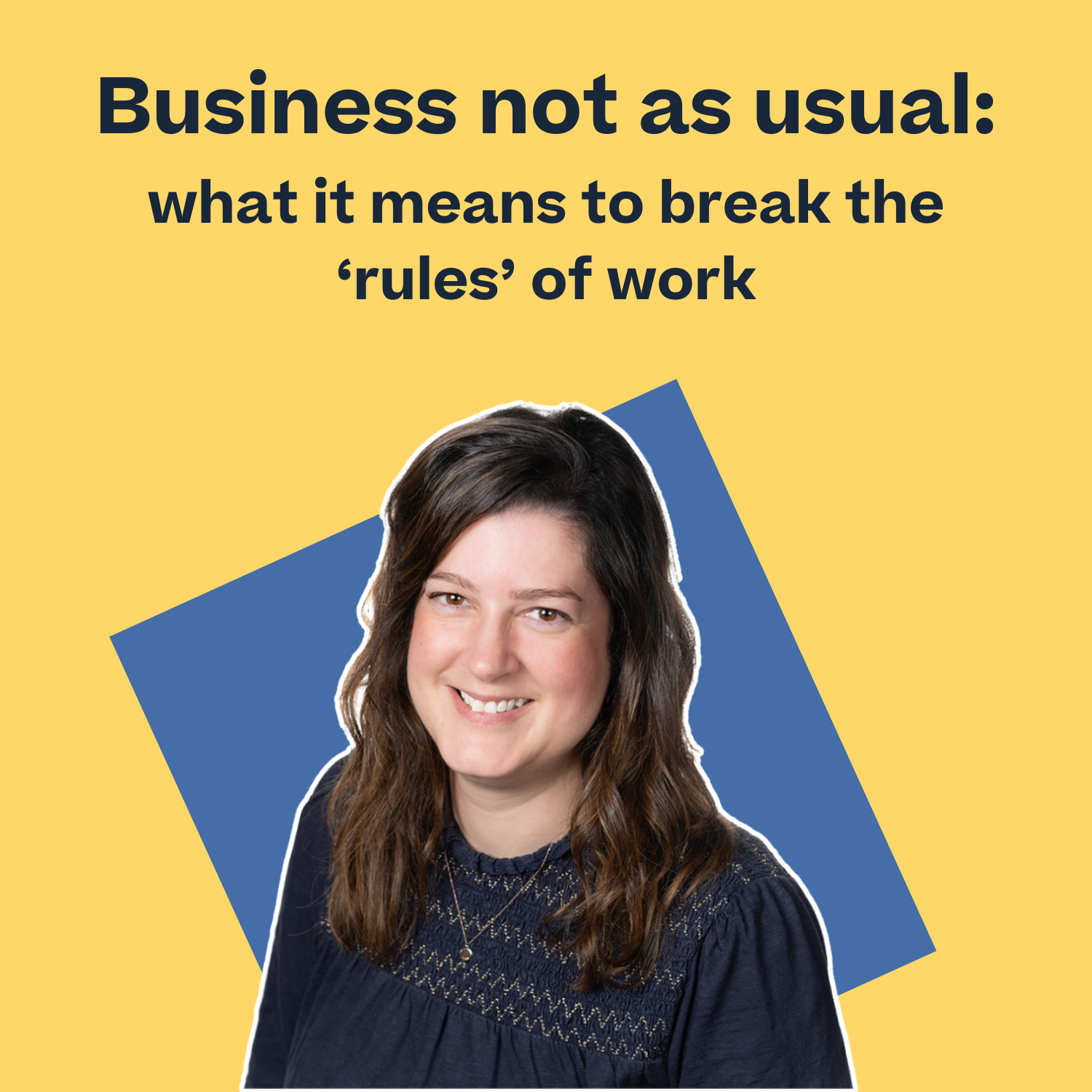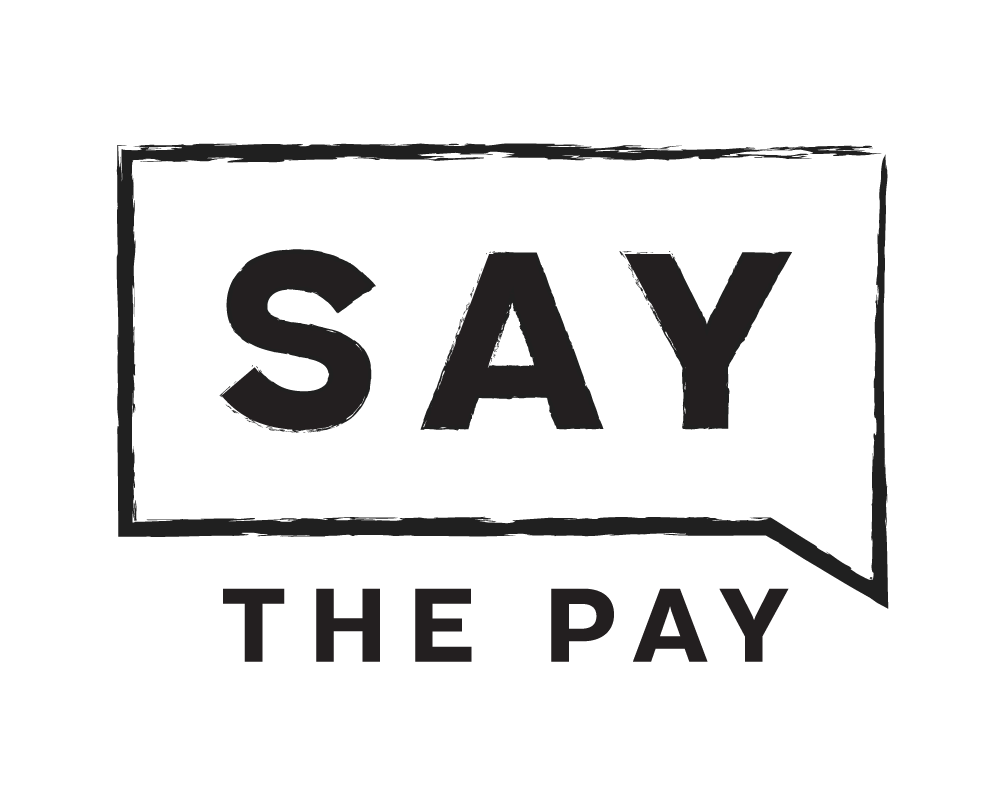News • 30/03/21
Making an impression online


From the outside looking in, digital marketing can seem a bit inaccessible – technical wizardry, cat posts and OTT abbreviations.
But get it right and it delivers. So, here are our top tips on making an impression online.
Social media – challenge your preconceptions
Facebook is just for mums and dads? LinkedIn is all business, no pleasure? Twitter‘s just for frantically virtue signalling from one campaign to the next? All may not quite be what it seems.
For instance, senior figures in companies are increasingly using Facebook as a platform to make purchases. A trend presumably linked to more working from home, where people are more likely to have social media open during office hours. LinkedIn, often thought of as a purely B2B platform, is much less business-like than you might think. It’s got excellent organic reach, so the odd picture of your pet might get you more interactions than wall-to-wall messages about your mission statement.
And Twitter? Well, as well as a great place to show how #wokeaf you are, you might also find a few nooks and crannies for networking.
SEO – cheap, but a bit slow
If your aim is to drive traffic to your site, search engine optimisation is the cheapest way to do it. It breaks down into four main categories:
- Code – this needs to meet all Google’s regularly changing algorithm requirements
- Keyword research – to identify quality, relevant, high volume search terms
- Content – expertly crafted copy, incorporating your target keywords
- Backlinks – links from external sites (and crucially reputable ones) that boost the authority of your site
SEO can be a bit of a slow burner, with an average of six weeks needed to see real change. And it isn’t always an exact science – small fine tuning can have a big impact, and vice versa. But it offers long term benefits and isn’t dependant on budget.
Search beyond Google?
Google has 90% of the market, so should you bother with the other search engines? We reckon it’s at least worth keeping an eye on the likes of Bing and Yahoo. They have some niche demographics that might fit your business model – but putting too much effort in here may have limited returns.
Top tip 💡 Search engines rate pages not websites. Make hero pages for specific key words.
PPC – paid for service, fast results
Pay per click platforms like Google AdWords basically allow you to skip the queue and show up above the organic search results. So, if you’ve got budget and are in a rush, it might be for you.
But success comes down to more than throwing money at your ads (although this will help), quality score is key. This is an algorithm that rates your ads out of 10, based on things like:
- Accuracy of your keywords – this is why it’s better to go for exact match rather than broad
- Relevance of your landing page – think what a user wants from a keyword and give them exactly that when they click through
- Overall user experience – user interactions, like click through and bounce rate, allow Google and other search engines to see how well your ads have performed in the past. They’ll use this data to adjust your ad score accordingly
The higher your ad score, the more likely your ads are to show – and the less you’ll have to pay. You should ideally aim for at least nine out of 10.
The melting pot – where SEO and PPC meet

There are a few things to remember to help you succeed, whether you’re using SEO, PPC, or a mixture of the two:
- Keyword optimisation – making sure your keywords are in the right places is key, both for pages and ads
- Mobile compatibility is really important, so make sure your site is usable on the smaller platform. In particular, it needs to be nippy, so avoid overloading your page with big images
- Google analytics is a useful tool, but doesn’t show the whole pie. Search Console and your Google AdWords interface are also key tools in your analytic arsenal
Free training available
Google offers lots of free training, it’s pretty good and gives you a solid understanding of all the main areas.
Get in touch
Your social media stuck in a rut? Want to get found online? Don’t know your SEO from your elbow? If you’ve got any questions about digital marketing, feel free to pick our brains at: hello@jackandgrace.co.uk



